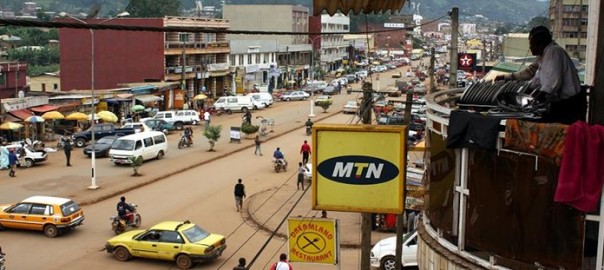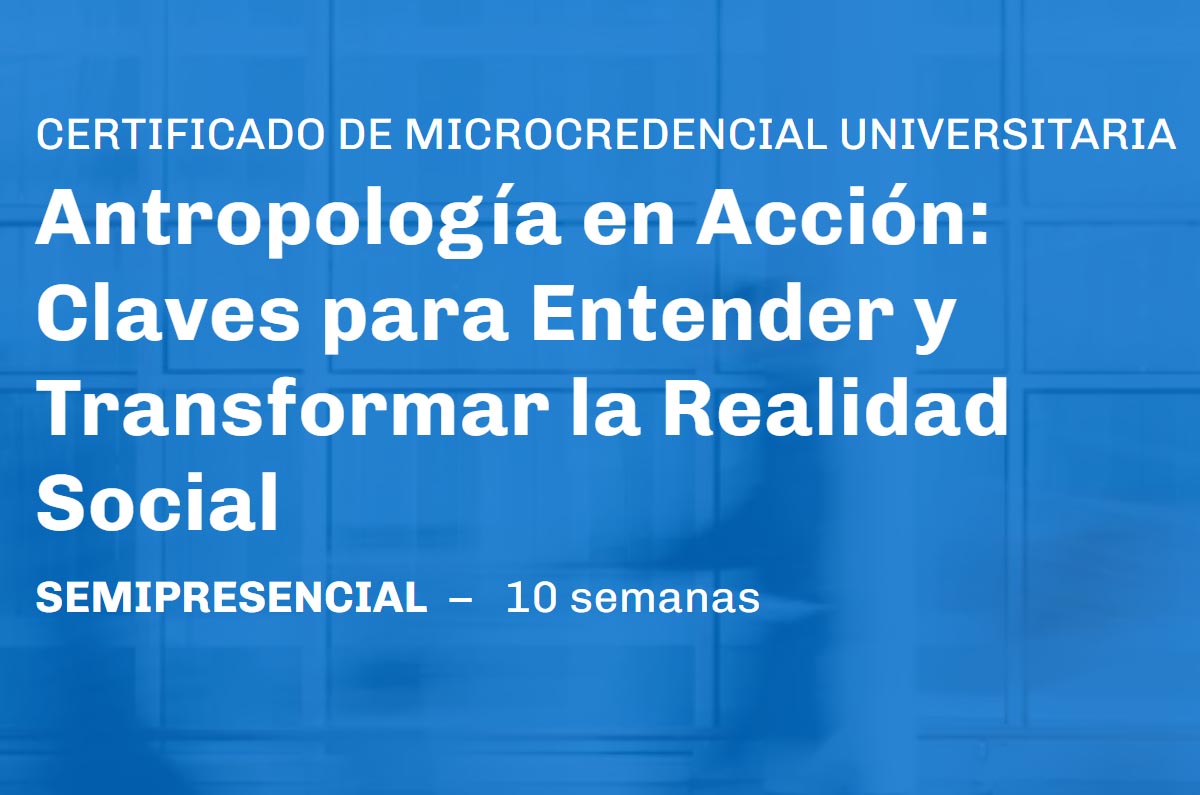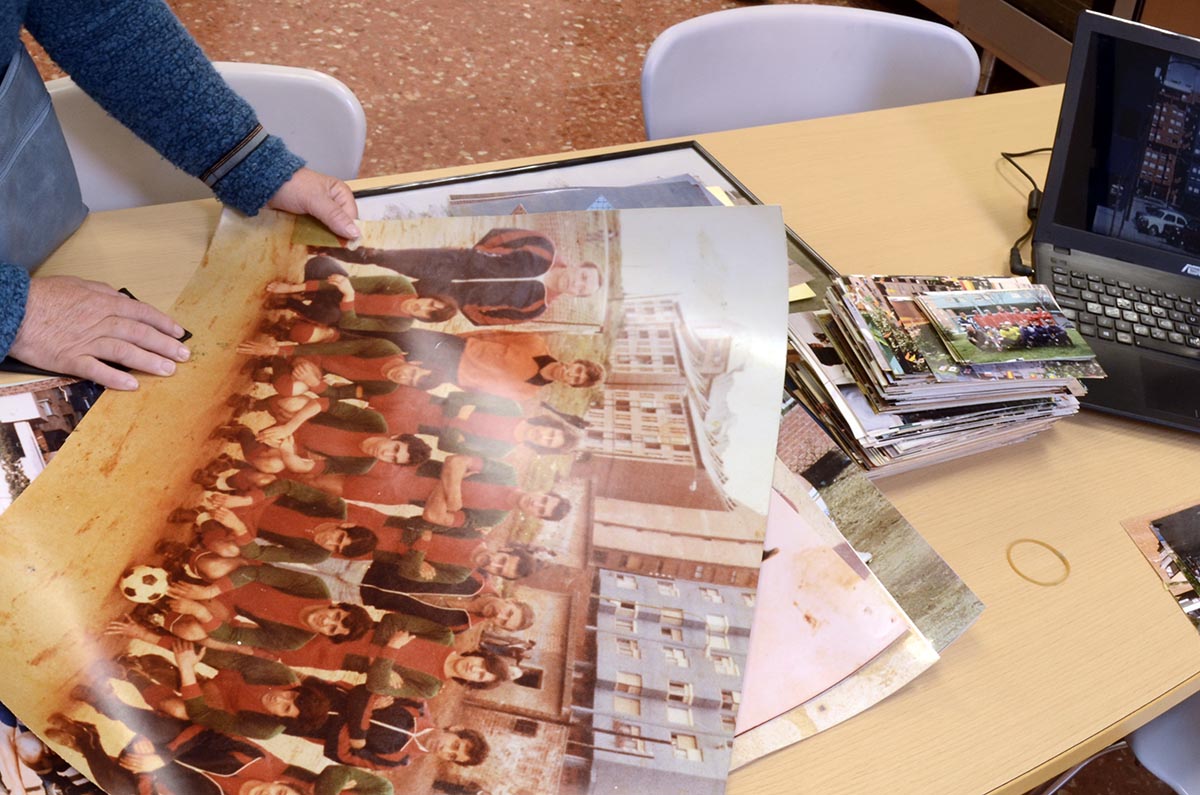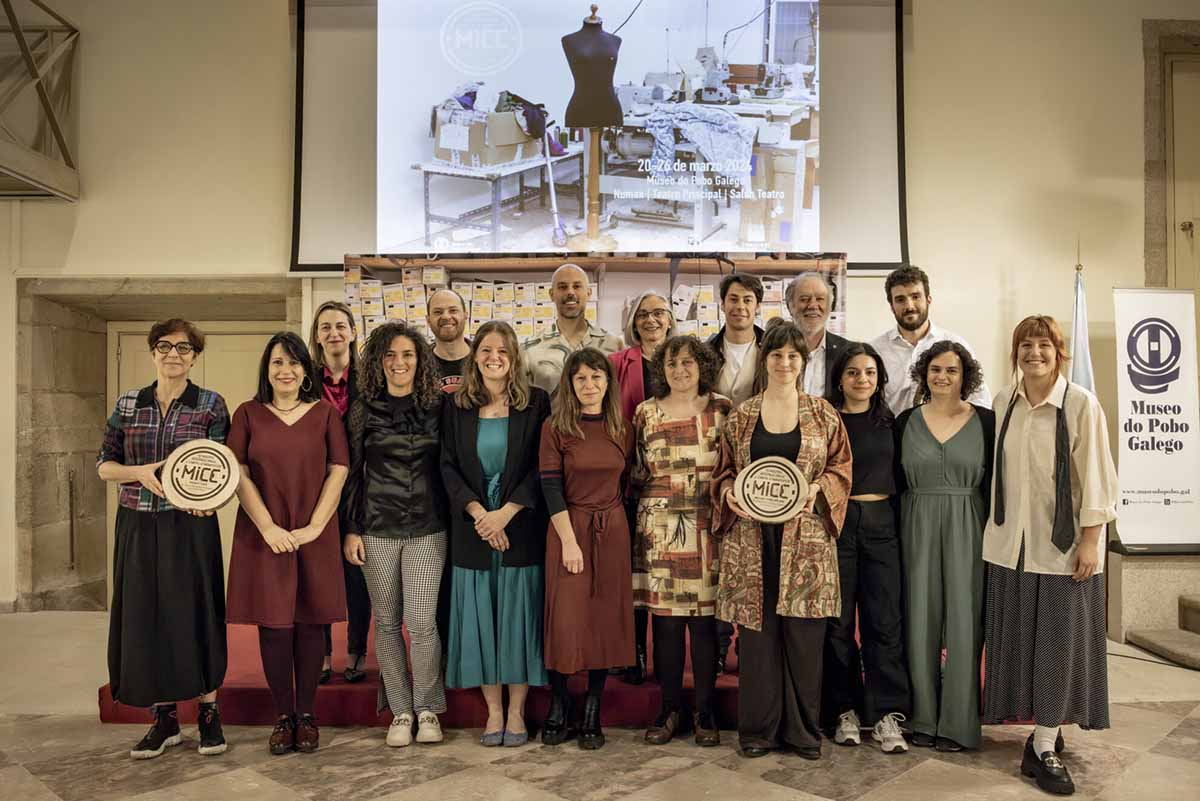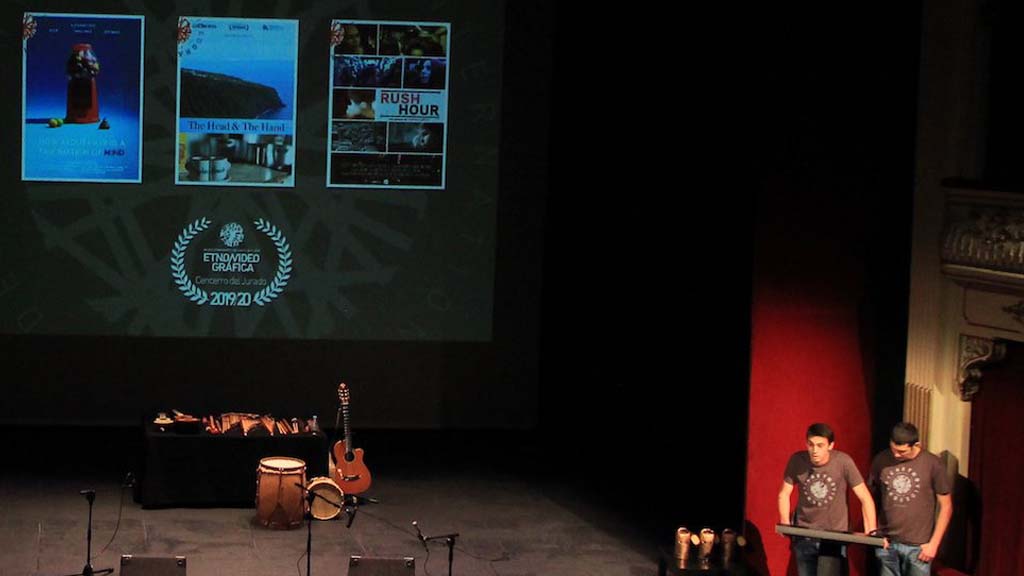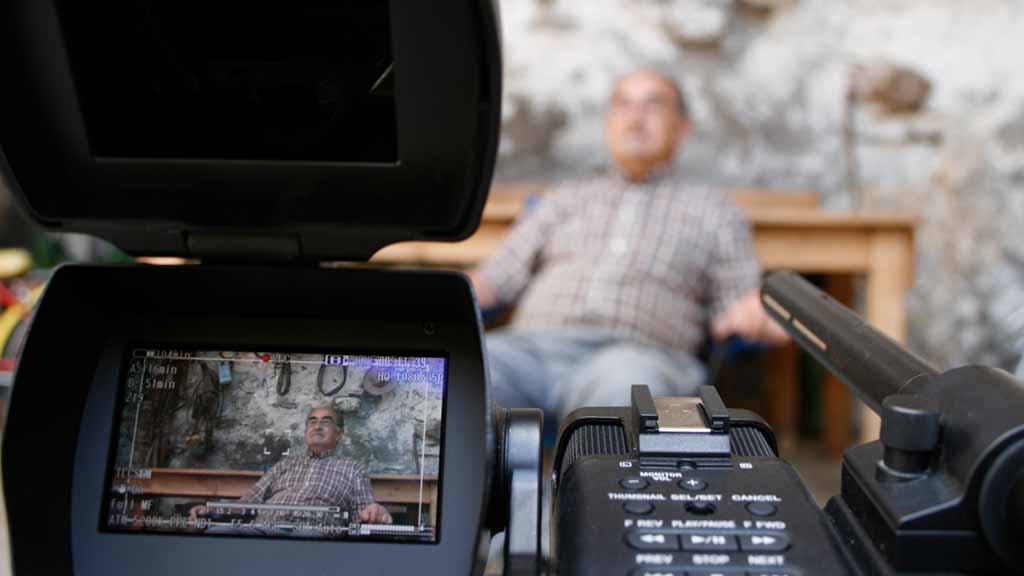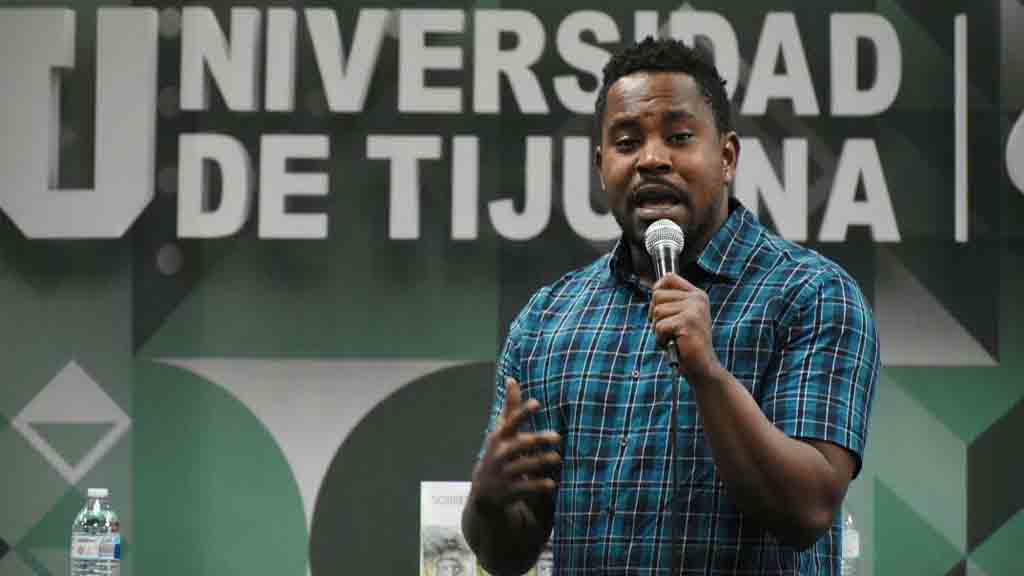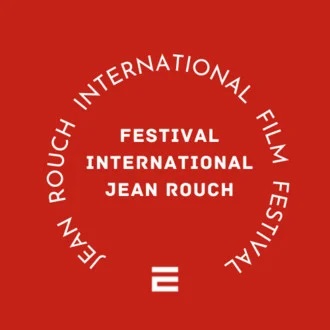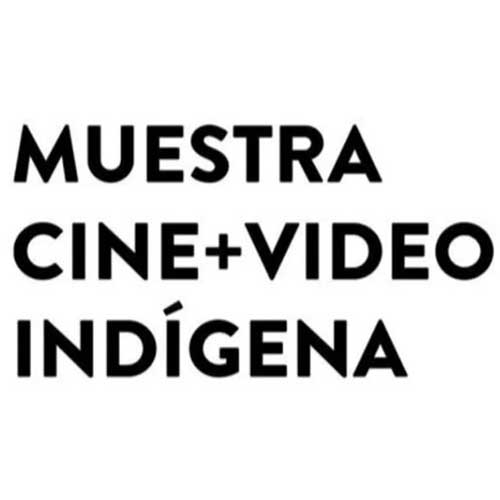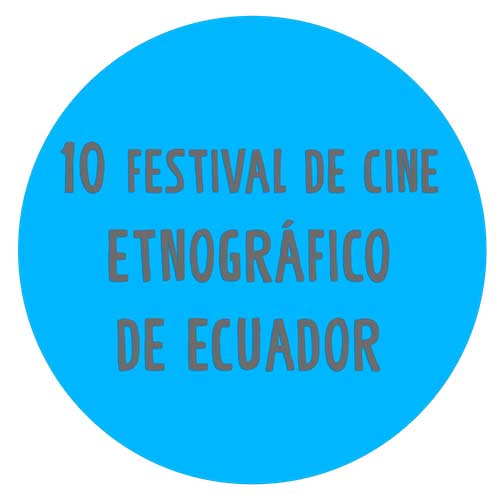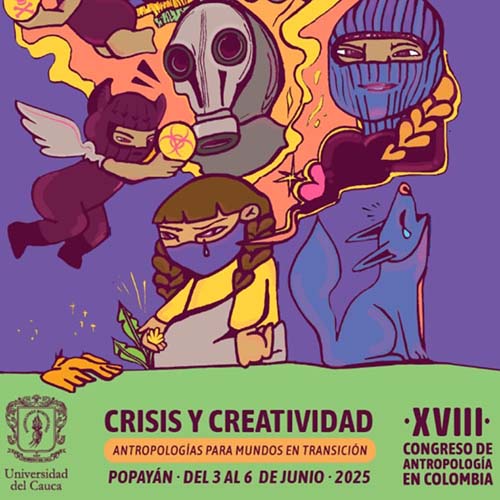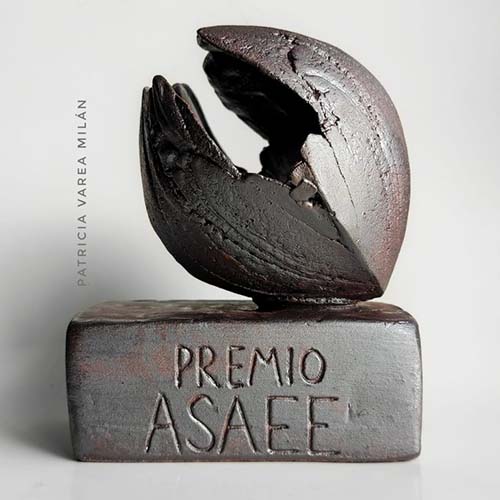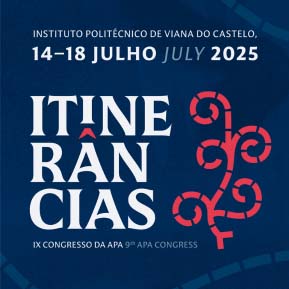Invited Mentor: Prof. Sharon Macdonald
Social Anthropology – University of Manchester
23. May 2007. 9 am to 6 pm.
Hosted and organized by the Center for Metropolitan Studies (CMS)
Technical University of Berlin
Organisers: Synnove Bendixsen and Ignacio Farias
Humboldt University of Berlin
Objectives and Topic of the Workshop:
Theory and ethnography are two central resources for the study of socio-cultural phenomena and processes which each offer insights of a different nature. Ideally, in the process of conducting research (where data is collected through fieldwork) the ethnographic work should be guided by existing theory, and theory tested, improved, and /or corrected by ethnographic data. A successful combination of theory and ethnography is one of the major challenges during the process of writing.
The central objective of this workshop is to discuss and reflect on the articulation between theoretical reasoning, broader contextual analyses, and ethnographic descriptions within the process of writing lengthy monographs, such as books or thesis. The discussion will be structured in three blocks dealing with the following aspects of our topic:
1. Monograph’s Structures: Moving from Theory to Ethnographic Data, and Return.
2. Ethnographic Complexities: Global Forces, Urban Processes and Local Descriptions.
3. Chapter’s narratives: Developing an Argument with Theoretical and Ethnographic Materials.
Applicants Profile: Ph.D. Candidates and Post-Doc Scholars from different social science disciplines that have conducted ethnographic fieldwork in urban contexts and are in the writing process of lengthy monographs (dissertations or books)
Number of Participants: 15 – 20 presenters and discussants.
Deadline: Proposals (300 words) should be sent until April 9th
Contact: synnove.bendixsen@metropolitanstudies.de
ignacio.farias@metropolitanstudies.de
Topic and Structure
A successful combination of theory and ethnography is one of the major challenges during the process of writing. This challenge is even greater in a complex social field as the urban. We would like to order our discussion in three main parts. In each of these parts we will devote ourselves to discuss three main tensions that usually emerge when writing a long monograph.
1. Monograph’s Structures: Moving from Theory to Ethnographic Data, and Return
One of the major questions during the writing process is the choice of chapter structure. Between a traditional positivist structure (intro-> theory-> data-> conclusions) and a traditional ethnographic structure (chapters dealing with different dimensions of the social or cultural life of a certain group of people) there exist many alternatives. We seek to explore these based on concrete problems, strategies and solutions brought up by the participants. We are particularly interested in presentations dealing with concrete questions concerning the monograph’s structures, such as where have you concentrated on theoretical arguments and why? How have you dealt with the relevant literature? What kind of advantages and limitations have you found when working with “and theoretical frame to look at your data? What kind of strategies of moving back and forth between theory and ethnography have you implemented in your monograph? Have you organised the writing process between more theoretical and more ethnographic phases?
2. Ethnographic Complexities: Global Forces, Urban Processes and Local Descriptions
When writing a research were data is collected in an urban field, one needs to reflect upon the particularity o the city context, both as a general term (‘the city’) and as a particular space (Berlin, Manchester, Warsaw, etc.). Does urban complexity affect the relation between empirical data and theory? If so, what different opportunities exist to consciously engage in this? Dealing with complexity often leads to simplification or making too much sense of the issue of hand. Instead, what different writing arrangements/compositions exist to make the elaboration on multi-layered analyses clearer without losing its complexity (for example by encompassing, or contrasting, etc.)? Finally, how do one decide what scale of the context to include (global, national, regional, urban and local), both in terms of making the research understandable to the reader, and in terms of asking/answering relevant research questions? Answers to some these questions will of course partly depend on the research question and focus of fieldwork at hand.
3. Chapter’s narratives: Developing an Argument with Theoretical and Ethnographic Materials.
A third crucial level at which theoretical and empirical resources must be articulated and organized are chapters. Central chapters of a monograph are certainly those in which empirical and theoretical materials are deployed to make an argument, to stress a particular thesis, to shed new light on a particular or general phenomenon. Writing a chapter is thus intertwined with the production of a narrative which should be ideally of theoretical and empirical nature. How do we distribute ethnographic and theoretical arguments within a chapter? Is it always a good idea to start with a story? What can be done when data collected do not sufficiently enlighten part(s) of the research questions? On the other hand, exemplarity and representativity are two different strategies for dealing with ethnographic materials that have to be discussed. How do we make choices about examples? I.e. when do we decide to make deep-descriptions or to use aggregated-data?
Call for Papers
The workshop addresses Ph.D. Candidates and Post-Doc Scholars from different social science disciplines who have already performed ethnographic fieldwork in urban contexts and are about to start or have already started to write their dissertations or books. We welcome presentations based not just on ethnographies of cities, but also on ethnographies in cities.
Presentations should be 20 minutes long followed by a detailed discussion. Participants should submit a 2-pages summary of their presentations, which will be distributed among the participants and published at the webpage of the CMS as workshop document. Since the main objective of the workshop is to improve our writing, we would like to encourage the presenters to focus not only on their creative solutions and best-practice examples, but also on their learning processes and failures.
Presentations proposals (300 words) should be sent to the organizers until April 9nd. The decision on the papers accepted will be communicated by April 16th. There are no registration fees for the workshop, but unfortunately travel and eventual accommodation cannot be funded by the CMS. The number of presenters and participants will be limited to 15 -20 persons.
All presenters and participants will be also officially invited to stay for the conference “Time Space Dynamics in Urban Contexts? (May 24th to 26th) hosted by the CMS and the Transatlantic Graduate Research Program “Berlin – New York: History and Culture of the Metropolis in the 20th century? (Program soon on-line www.metropolitanstudies.de).

